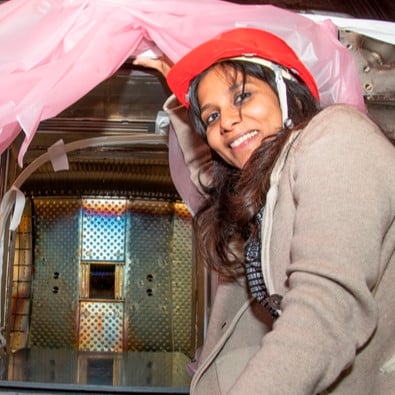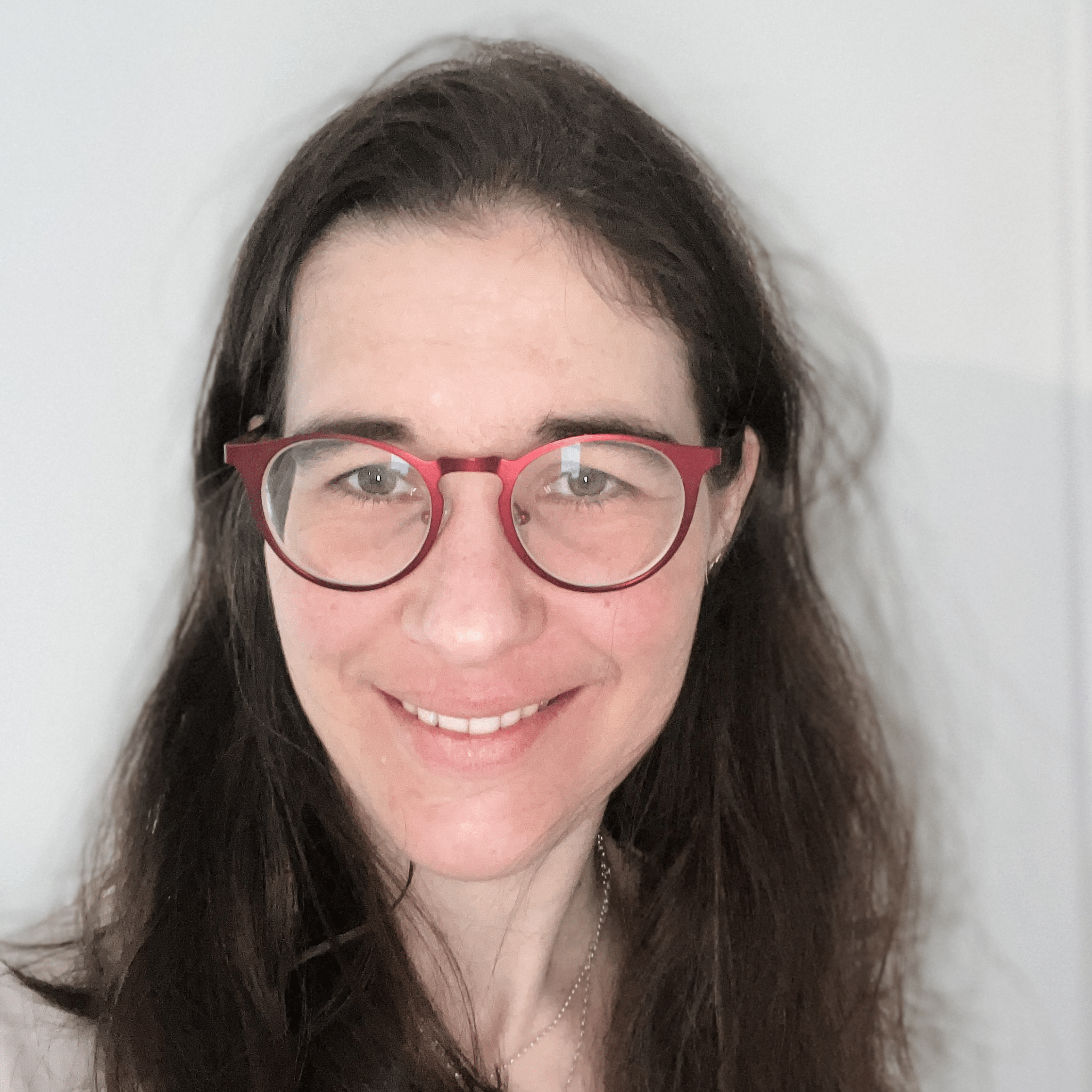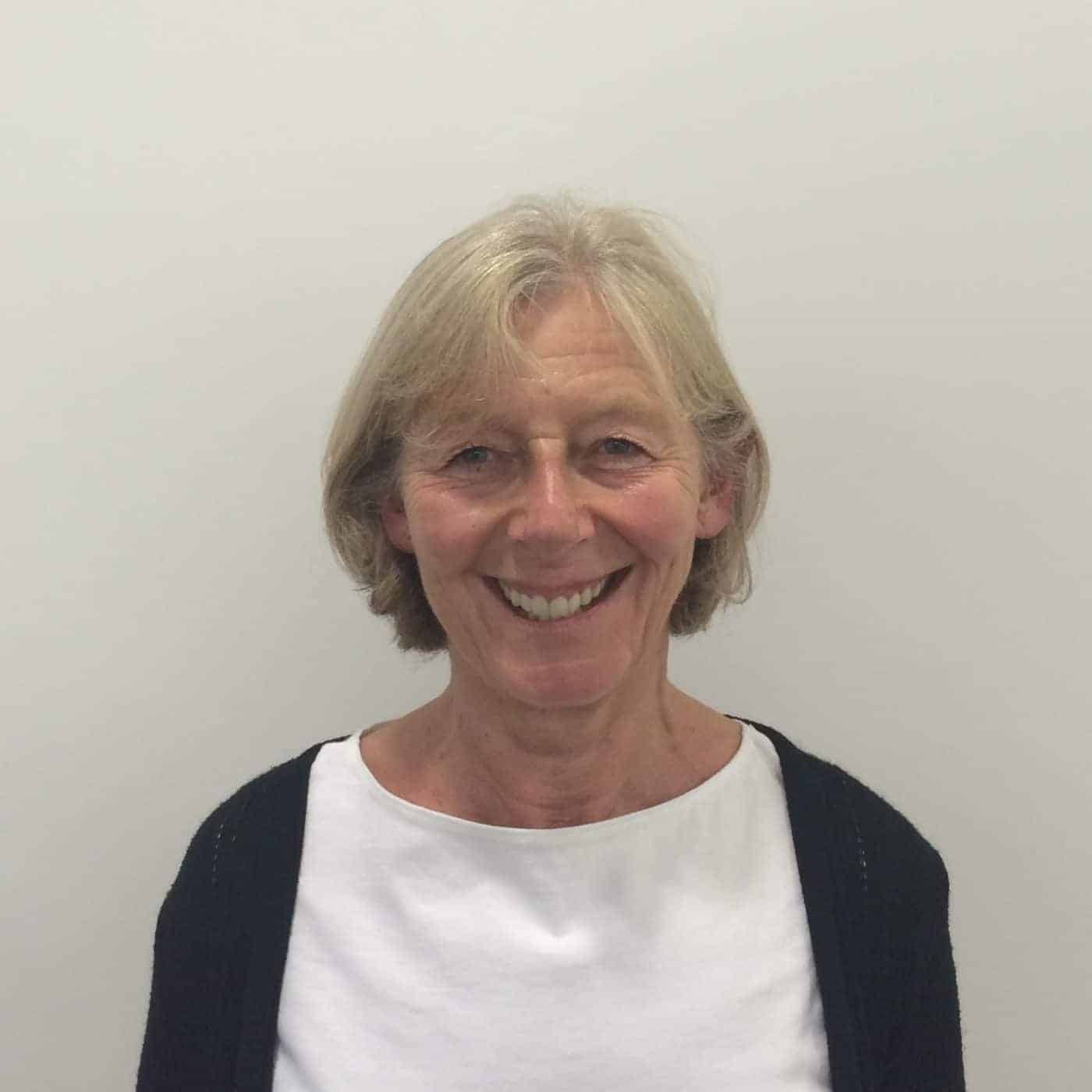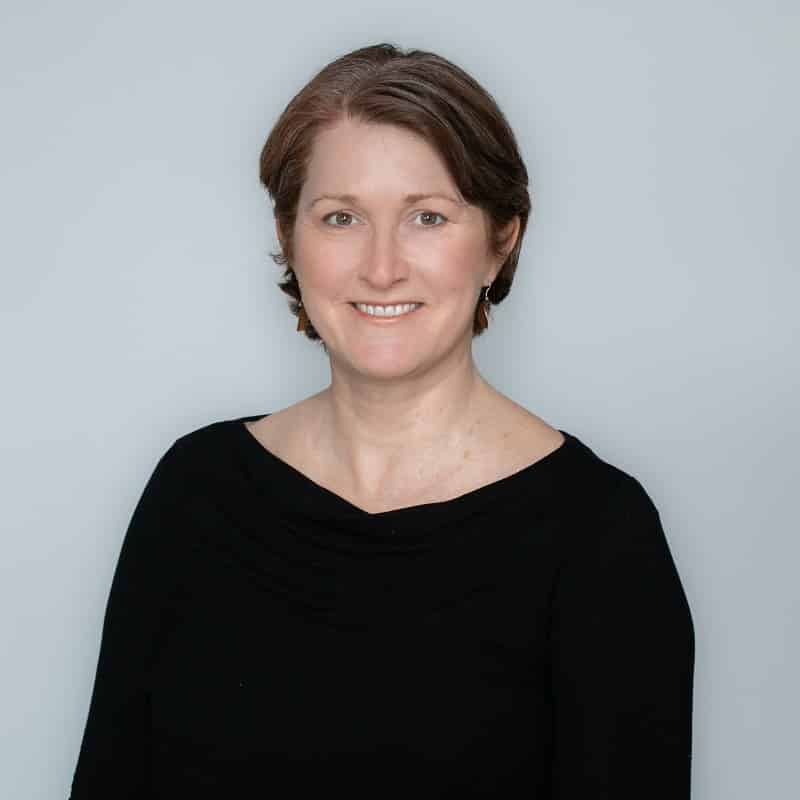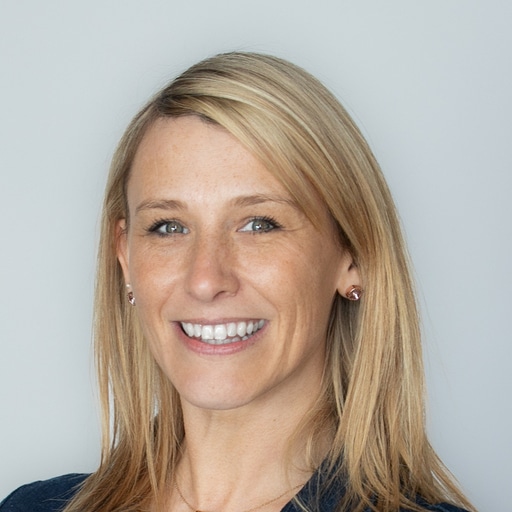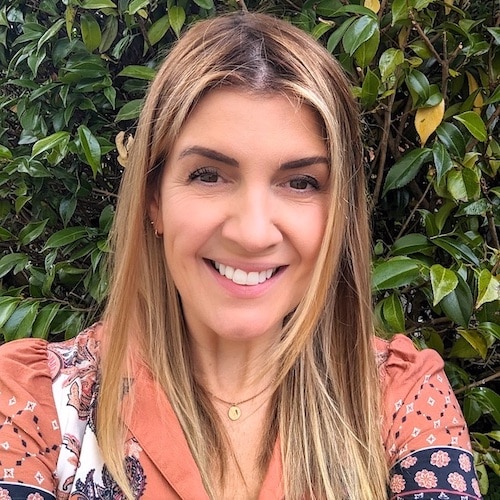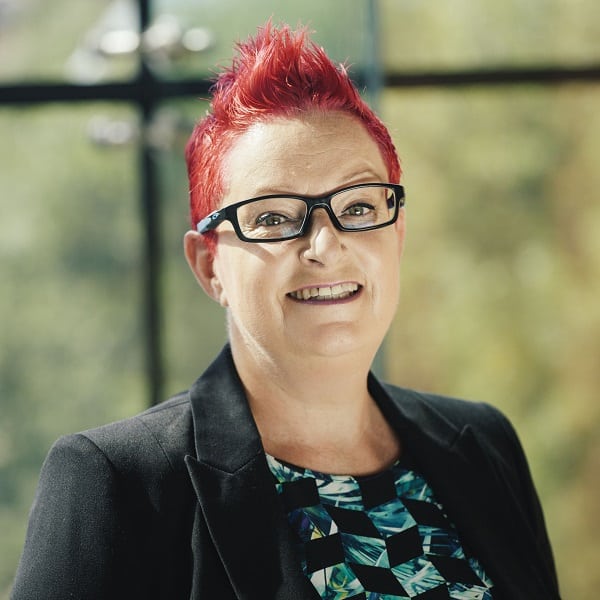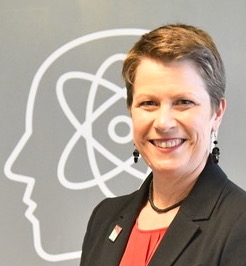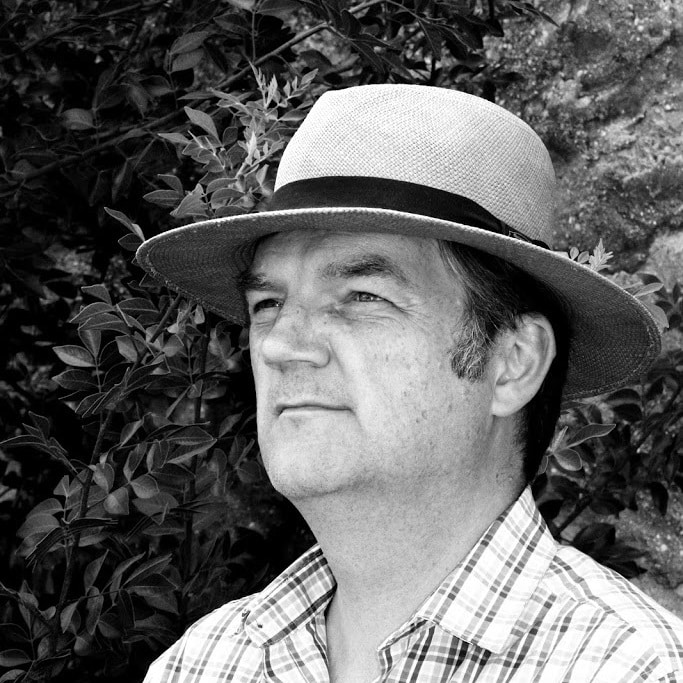A short, informal interview with Misha Kidambi, author of “A tragedy of inequalities”.
TL;DR Summary
Misha’s article “A tragedy of inequalities” — highlighting differences in research funding of climate change research — was recently published on the Dimensions blog. I chatted to Misha about how the article came about, what she learned whilst writing it, and the most surprising thing she found out — that STEM fields get 770% more funding than humanities, and only 3.8% of funding is allocated to climate research on Africa.
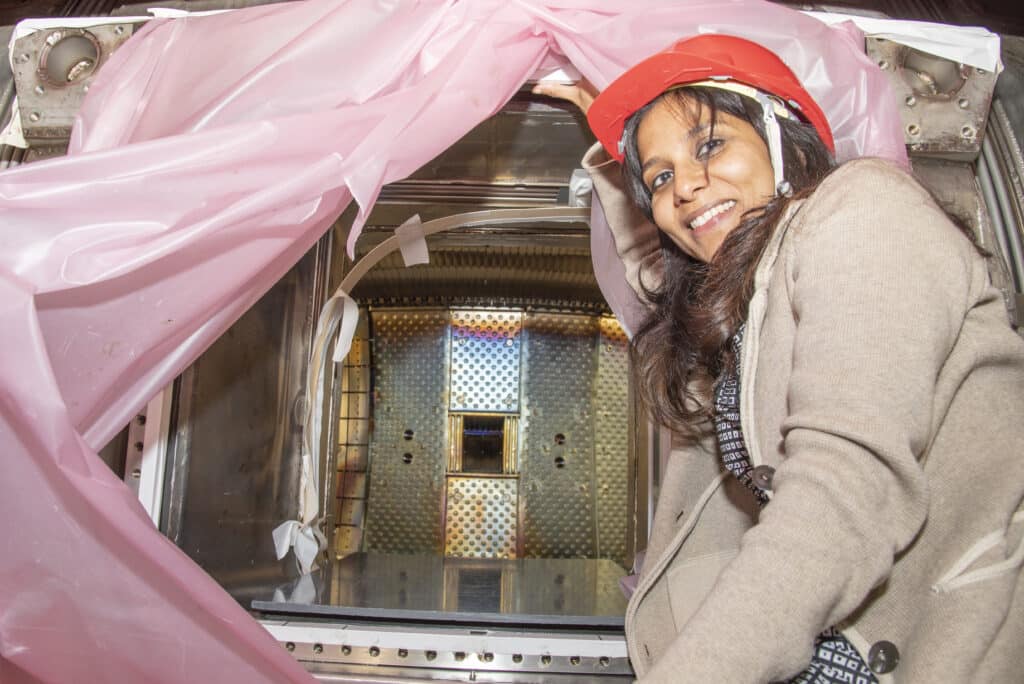
I’m curious, how did you come to write this piece? Did you know about the studies already? How did it all come about?
I actually was looking for material related to tracking the impact of research funding. So my idea was just to see if there are articles put out by funders, maybe, to see whether the funding that they have done has been impactful or what kind of studies they’re using and how I could see if Dimensions products can fit into that. During the search, one of the first articles that came up was the misallocation of funding, STEM versus social science, so I read through that, and the numbers were really striking. So I just sort of went down the rabbit hole really, in that sense!
Then I came across another paper by the same author which had even more striking data to offer, and in both the studies the researchers used Dimensions; that was really cool. So together it made a good story.
In a sense — the data just told the story. We always have an idea that we know that there is not sufficient funding going into African related climate research work, but we just don’t know the numbers. And here, the numbers were right there and I was just surprised to see the imbalances. I was also surprised to learn that not many studies have been carried out in this aspect of climate research funding, and the great thing is that Dimensions has such a large amount of data that is available on research related to Africa.
That’s a really nice story! It sounds like it was quite opportunistic? With some articles there’s a lot of planning and a long process to put them together, whereas this one sounds like it just flowed!
I think I got lucky also with the fact that the authors responded quickly, because it really adds to the story having the quotes from the researchers. So I was really lucky they could do that because when I contacted them I just quoted the two papers and said:
“I am using two very informative papers authored by you. Would it be alright to use some of the figures from your papers in the blog? If yes, I plan to use your quotes in the piece I write.”
Misha’s ask in her email to the article authors.
And they were happy to do that! They also then pointed me to the IPCC report, where the data had been used:
“You may also want to refer to the IPCC’s 6th Assessment report. The chapter on Africa uses some of the same materials (derived from Dimensions) as those in the Africa article you refer to below. The AR6 report is highly prestigious and as a whole is probably going to be one of the most cited publications published in the 2020s (in any field of science), and should be pretty good advertising for Dimensions.”
The authors’ replies included this helpful note.
That was such a useful pointer — a tip that I wasn’t expecting, but really great to have!
I like the way you phrase it in that you were lucky the authors responded quickly and sometimes these things just work out! If you had to pick out one surprising or interesting thing you learnt during your research for this piece, what would it be?
They were really interesting papers in that I really didn’t realize that it was possible to have STEM fields get 770% more funding, that seemed incredible. And that only 3.8% of funding is allocated to climate research on Africa. Then I had to just double check the numbers and ask “Is this real?”, but it is. I love finding out interesting things, it’s why I so enjoyed working on this piece!
That is pretty incredible (although I’m sure some people in the humanities would say “this isn’t a surprise, we know we get no funding!”). But what’s obvious to one person is completely unknown to another…
Yes, exactly! I think that’s one of the challenges we have with science communication; we often forget that not everyone has the same context. But at the same time it means that when we learn something new there’s also a great opportunity to help others discover that too.
Which nicely brings me onto my final question! “A tragedy of inequalities” is a great title for the piece; how did that come about?
It just came to me as I was writing — I had this idea to do a play on the phrase “a tragedy of the commons”, and turning it into “a tragedy of inequalities” just clicked. I’m glad you like it! 🙂
I love it, it sounds like this whole article is a great example of how when you’re in the flow and feeling inspired, you can really get things done. Thanks again for joining me on this call at such short notice, it was lovely to chat with you.
Thank you, I’m really excited about this, and it was lovely to chat to you too!
To read Misha’s full article, click on the link below:
For more interviews with experts from both inside and outside of Digital Science, take a look over all our community engagement articles on TL;DR, with more being added every week!


